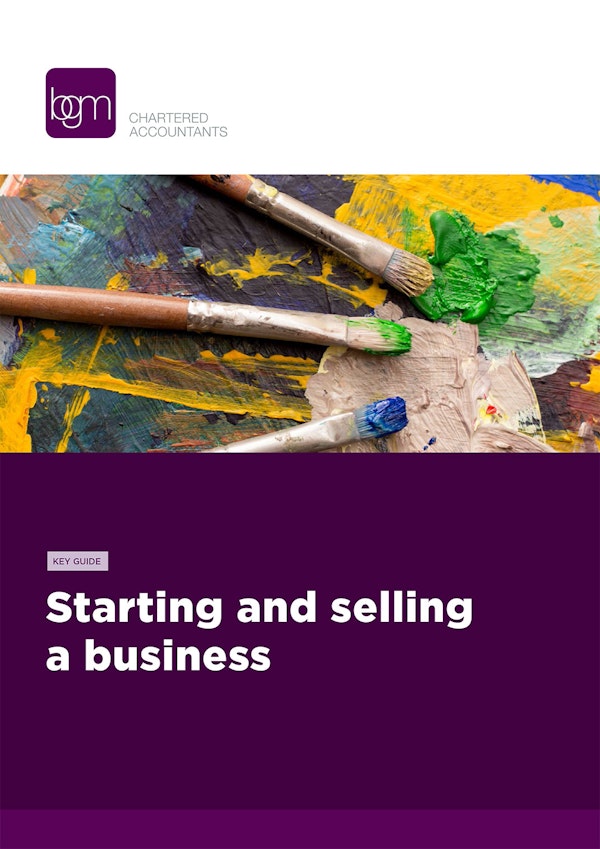Starting and selling a business
Complex economic outlook
Anyone contemplating starting a new business, especially a bricks and mortar one, needs to factor in current economic conditions. The UK might just avoid recession in 2024, and inflation has now fallen to 3.9% (November 2023). However, consumer spending is being curtailed due to higher costs of living, and unemployment is expected to increase during 2024. Many selfemployed businesses, in particular, are struggling to cope with higher costs, and their take home pay is not rising in line with inflation.

Energy costs are still high, and the government’s current support package running until 31 March 2024 is far less generous than the support package it replaced; some businesses are no longer receiving any help at all. The situation is far from ideal for a new business which will want to plan at least two or three years ahead.
Your plans will also need to factor in inflation, which – while now much lower – is still above its 2% target, increased borrowing costs, higher salary expectations plus staffing shortages.
When it comes to selling a business, it doesn’t matter whether you are developing a business idea to quickly cash in before starting all over again (the typical serial entrepreneur), planning a smart career move (with the successful sale of a self-started business looking very good on your resum.) or are in for the long haul – planning your exit strategy at an early stage will ensure you don’t pay more tax than necessary. This might be just the time to do that planning.






